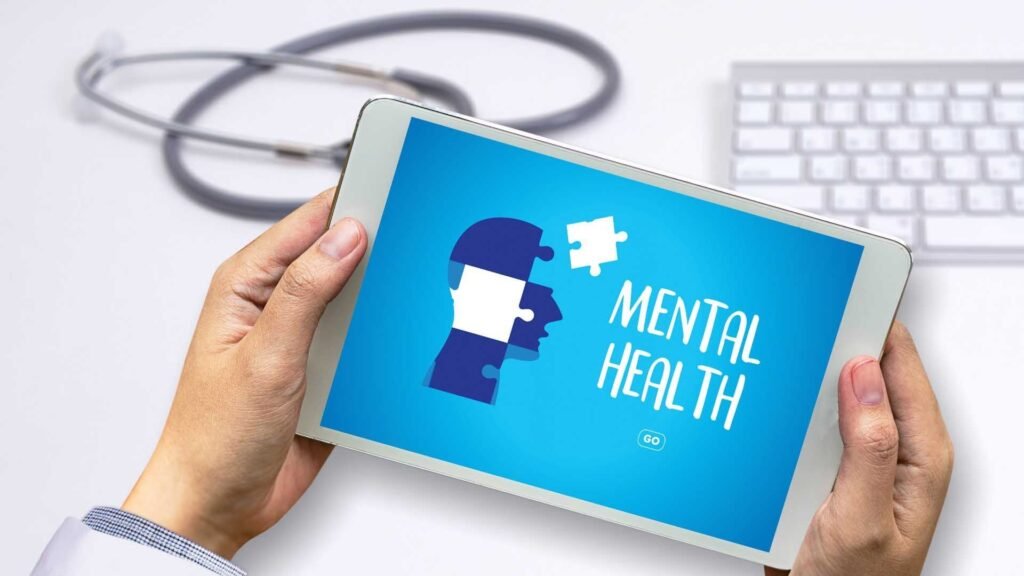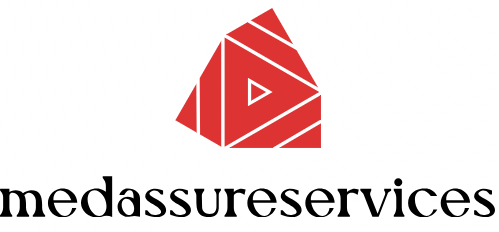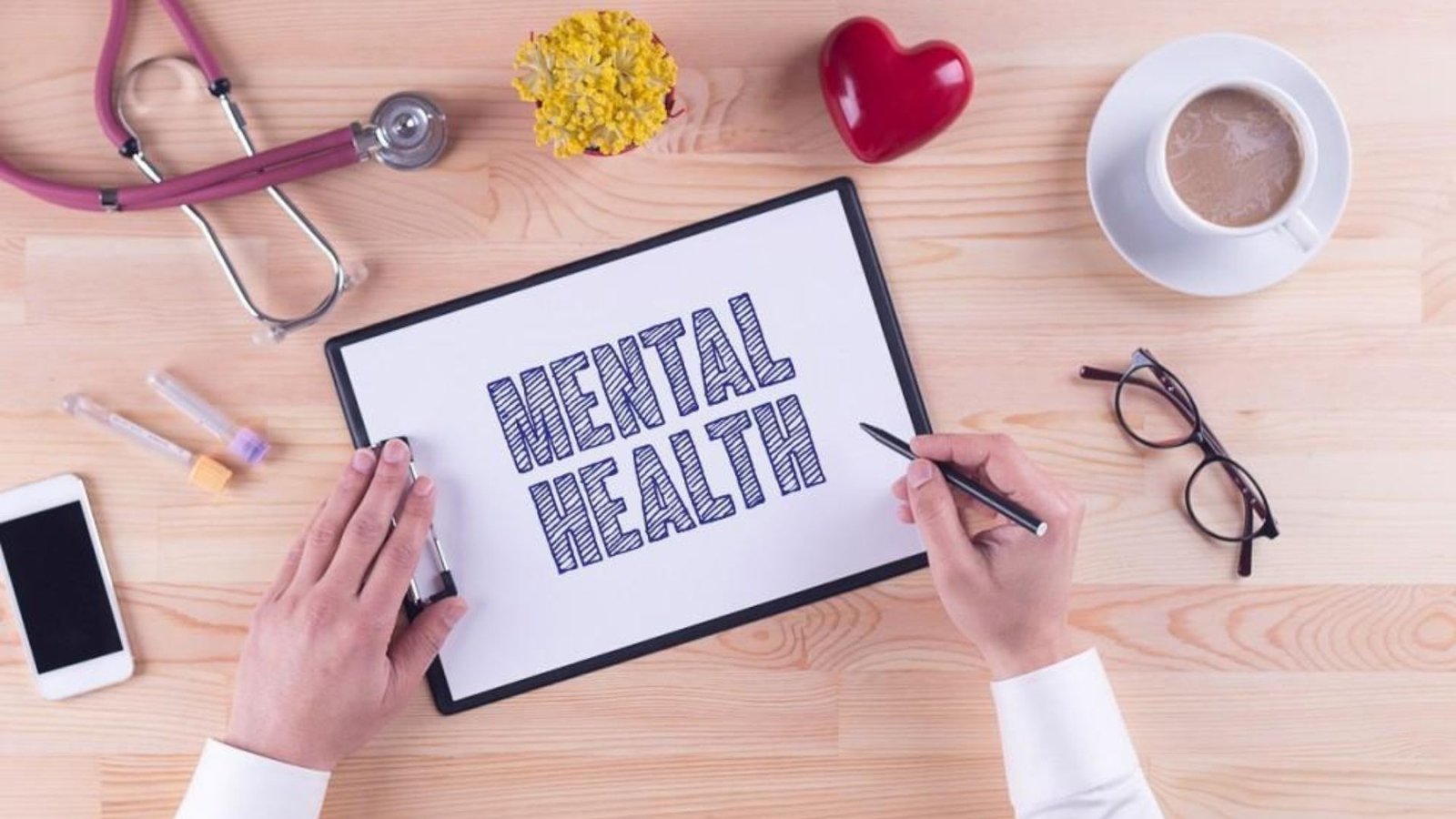In today’s fast-paced world, many individuals are seeking ways to manage their mental health more effectively. Mental healthcare apps have emerged as valuable tools for providing support and resources at your fingertips. If you’re curious about how to find digital support through mental healthcare apps, this guide will help you navigate your options.

1. Understanding Mental Healthcare Apps
What Are Mental Healthcare Apps?
Mental healthcare apps are digital platforms designed to assist individuals in managing their mental health. These apps can offer a range of features, including guided meditations, mood tracking, therapy resources, and access to professional help. By using these tools, users can take an active role in their mental wellness.
Types of Mental Healthcare Apps
- Meditation and Mindfulness Apps:
These apps focus on mindfulness practices, helping users reduce stress and improve focus. Examples include Headspace and Calm. - Therapy Apps:
Some apps connect users with licensed therapists for virtual sessions, offering convenient access to professional help. - Mood and Anxiety Trackers:
These apps allow users to monitor their moods and anxiety levels over time, providing insights into their mental health patterns.
2. Benefits of Using Mental Healthcare Apps
Accessibility and Convenience
One of the primary benefits of mental healthcare apps is accessibility. Users can access resources anytime and anywhere, making it easier to fit mental health care into busy schedules. This convenience can be especially beneficial for those who may feel hesitant to seek traditional therapy.
Personalized Support
Many apps offer personalized features that cater to individual needs. For instance, users can set specific goals, track their progress, and receive tailored recommendations. This personalized approach can enhance the overall effectiveness of mental health management.
Anonymity and Privacy
For individuals concerned about stigma, mental healthcare tools provide a level of anonymity. Users can engage with resources without the fear of judgment, making it easier to seek help.
3. Choosing the Right Mental Healthcare App
Key Features to Look For
When searching for a mental healthcare app, consider the following features:
- User-Friendly Interface:
A well-designed app should be easy to navigate, ensuring a smooth user experience. - Evidence-Based Resources:
Look for apps that provide scientifically backed resources and techniques, ensuring you’re getting quality support. - Professional Support:
If you’re interested in therapy options, check whether the app connects you with licensed professionals.
Read Reviews and Recommendations
Before downloading an app, read user reviews and testimonials. This can provide valuable insights into the app’s effectiveness and any potential issues.
4. Tips for Using Mental Healthcare Apps Effectively
Set Clear Goals
When using mental healthcare tools, it’s important to set clear, achievable goals. Whether you want to reduce anxiety, improve your mood, or practice mindfulness, having specific goals can help guide your app usage.
Regularly Engage with the App
To maximize the benefits, make it a habit to regularly engage with the app. Consistency is key in mental health management, and frequent use can lead to better results.
Combine with Other Support Methods
While mental healthcare tools are beneficial, they should complement other forms of support, such as therapy or support groups. Using multiple resources can provide a more comprehensive approach to mental wellness.
5. Conclusion
In conclusion, finding digital support through mental healthcare apps can be an effective way to manage your mental health. With their accessibility, personalized features, and anonymity, these apps provide valuable tools for individuals seeking help. By understanding the types of apps available, evaluating their benefits, and choosing the right one for your needs, you can take a proactive step towards better mental well-being.
Whether you’re just starting your mental health journey or looking to enhance your current practices, mental healthcare tools can offer the support you need right at your fingertips.



